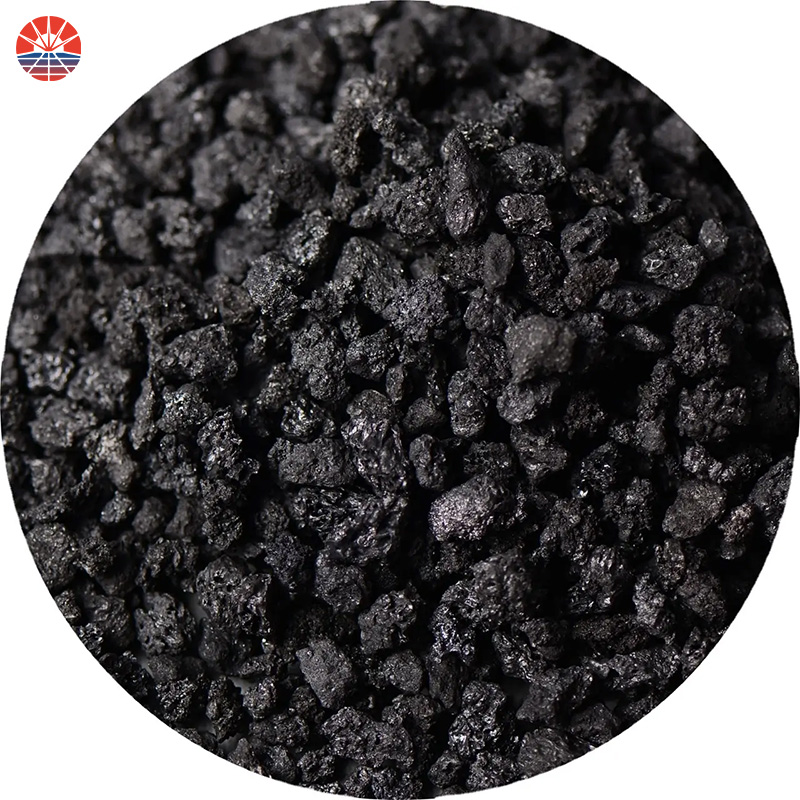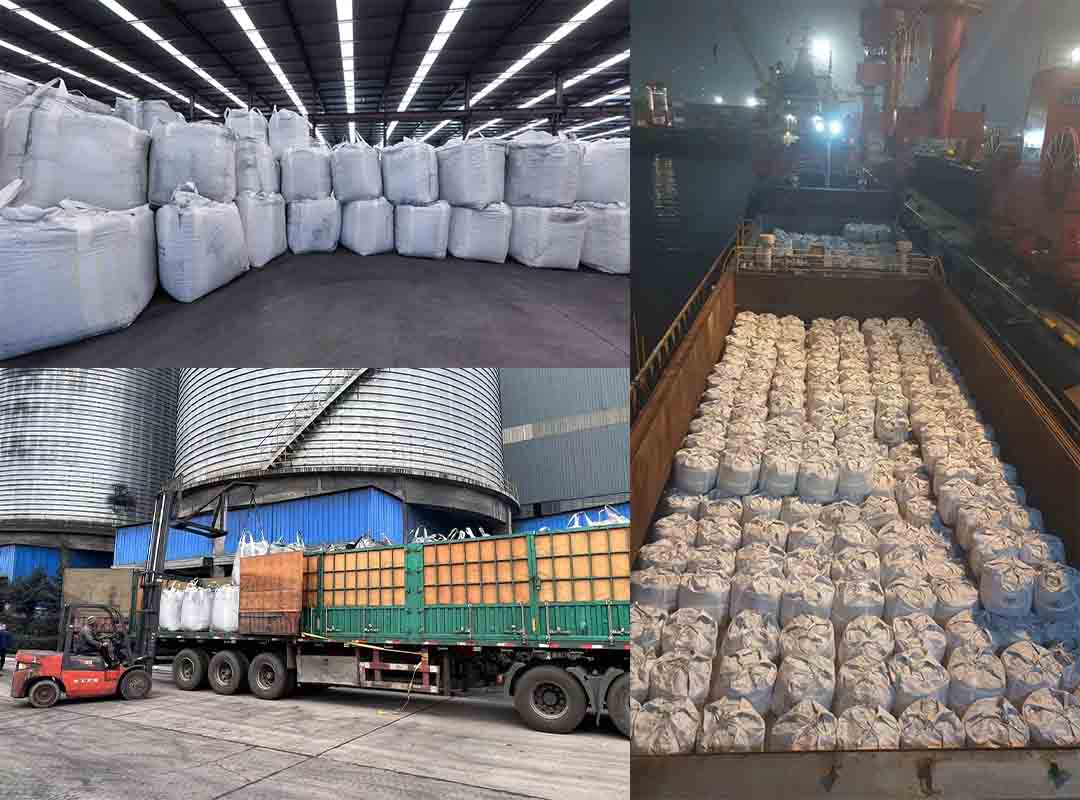Useage Of Graphitized Petroleum Coke
Using graphitized petroleum coke (GPC) in foundries offers several benefits. Here are some of the key advantages:
Carbon Additive: GPC is commonly used as a carbon additive in foundries. Adding GPC to the molding sand mixture or as a separate material helps improve the carbon content and overall quality of castings. It enhances the carbonaceous properties of the mold, ensuring proper carbon availability during the casting process.
Adjusting Carbon Content: GPC allows for precise control over the carbon content in the melt. Different casting processes and alloys require specific carbon levels for optimal casting properties. By adding GPC, foundries can adjust the carbon content as needed, ensuring proper solidification, improved mechanical properties, and reduced casting defects.
Graphite Formation: GPC promotes the formation of graphite during solidification. The high graphitization level of GPC provides a source of graphite formation in castings. Graphite offers several advantages, including improved lubrication, enhanced machinability, and reduced thermal expansion. The presence of graphite in the castings contributes to better casting quality and performance.
Nucleating Agent: GPC acts as a nucleating agent, aiding the formation of graphite flakes during solidification. The presence of graphite flakes provides nucleation sites for the growth of additional graphite, resulting in a more uniform and controlled microstructure. This leads to improved mechanical properties, such as increased strength and reduced shrinkage in the castings.
Slag Modifier: GPC can also function as a slag modifier in foundries. It helps reduce the formation of undesirable slag and dross by absorbing impurities and facilitating their removal from the molten metal. This improves the cleanliness of the metal, reduces the risk of defects, and enhances the overall quality of the castings.
Improved Thermal Properties: GPC exhibits good thermal conductivity, which aids in heat transfer during the casting process. It helps distribute heat more evenly within the mold, promoting uniform solidification and minimizing the risk of thermal stress and cracking. Improved thermal properties contribute to better casting quality and dimensional accuracy.
Cost-Effectiveness: GPC is a cost-effective carbon additive compared to alternative sources. Its availability, desirable properties, and efficient production processes make it a favorable choice for foundries. GPC offers a balance of cost and performance, contributing to cost optimization in the casting process.
Overall, the advantages of using graphitized petroleum coke in foundries include its role as a carbon additive, the ability to adjust carbon content, promotion of graphite formation, nucleation of graphite flakes, slag modification, improved thermal properties, and cost-effectiveness. These benefits contribute to enhanced casting quality, improved mechanical properties, reduced defects, and optimized foundry processes.
Graphitized petroleum coke(GPC) Role in foundry factory
Graphitized petroleum coke (GPC) can play a role in foundry factories, particularly in the production of castings through the metal casting process. Here's how GPC can be involved:
Carbon Additive: GPC can be used as a carbon additive in foundry applications. It is added to the molding sand mixture or as a separate material during the metal casting process. The addition of GPC helps improve the carbon content and overall quality of the casting.
Adjusting Carbon Content: GPC can be used to adjust the carbon content in the melt. Different casting processes and alloys require specific carbon levels for optimal casting properties. GPC can be added to increase or decrease the carbon content as needed.
Graphite Formation: During the casting process, GPC can provide a source of graphite formation. Graphite is desirable in castings as it provides lubrication, helps with mold release, and improves the casting's machinability. The high graphitization level of GPC contributes to the formation of graphite during solidification.
Nucleating Agent: GPC can act as a nucleating agent, promoting the formation of graphite flakes in the molten metal. This helps control the solidification process and influences the structure and properties of the casting, such as improving mechanical strength and reducing shrinkage.
Slag Modifier: GPC can also be used as a slag modifier in foundry applications. It can help reduce the formation of undesirable slag by absorbing impurities and facilitating their removal from the molten metal.
Thermal Properties: GPC has good thermal conductivity, which can aid in heat transfer during the casting process. It helps to distribute heat more evenly within the mold and improve the solidification process.
The specific usage and amount of GPC in foundry applications may vary depending on the casting process, metal type, and desired casting properties. Foundries often determine the optimal composition and amount of GPC through testing and optimization to achieve the desired casting quality and performance.
It's worth noting that other carbonaceous materials, such as anthracite coal, petroleum coke, and coal tar pitch, can also be used in foundry applications depending on specific requirements and availability.














